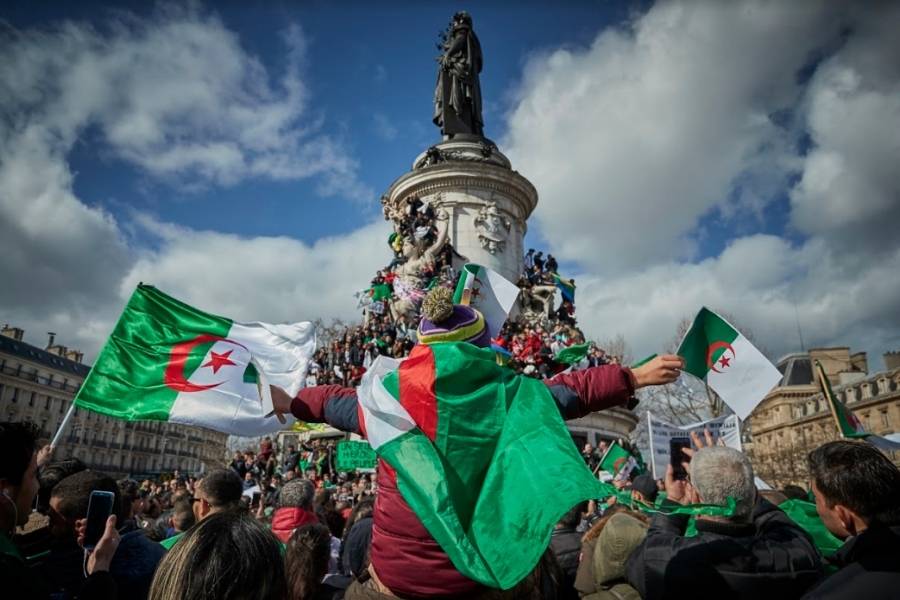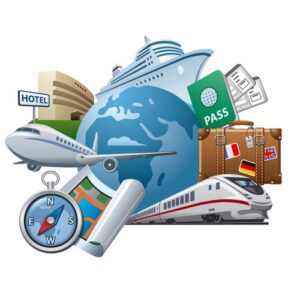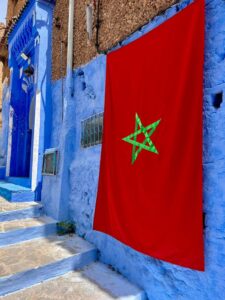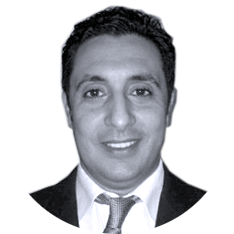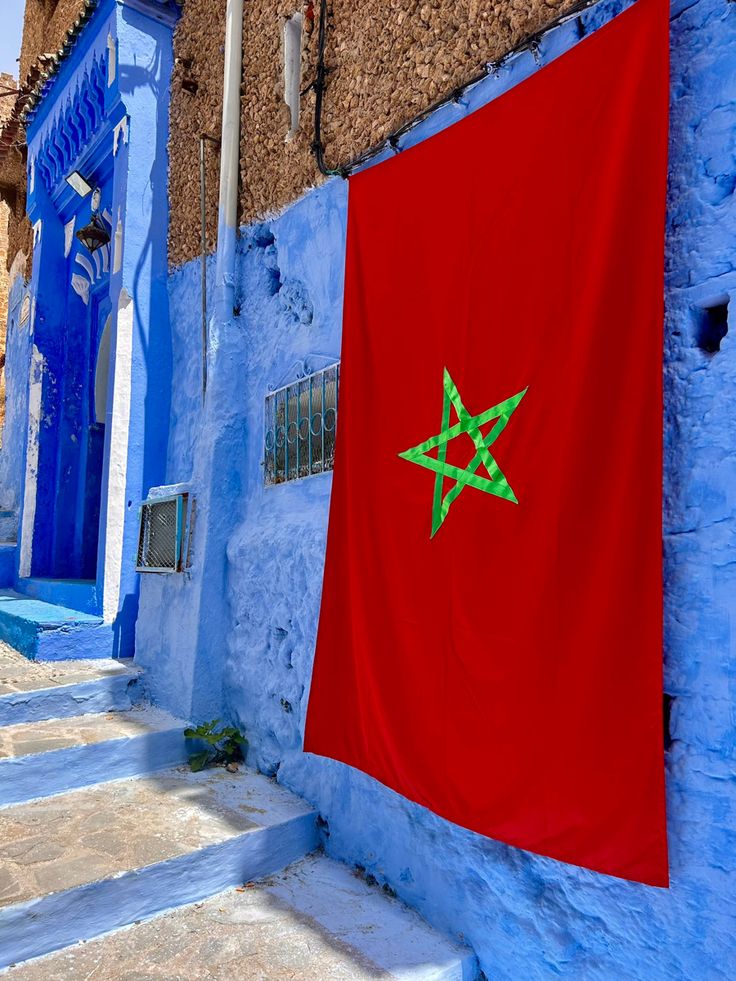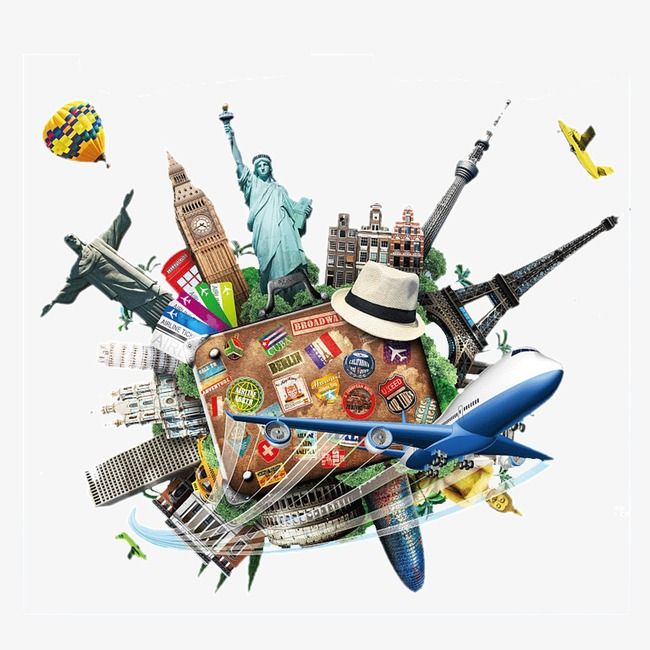With two weekly flights and an hour away, we are in northeast Africa, a country so close, but at the same time away from island interests. The last representative of Algeria we had on our islands was the president of the Association of Algerians in the Balearic Islands, Noureddine Boulmelah, won the elections with the FNL and entered the Algerian parliament as a deputy.
Last Tuesday, Abdelaziz Bouteflika announced his resignation, thus provoking a 90-day interim presidency, which will be led by the president of the upper house of parliament, Abdelkader Bensalah, until the elections are held. The end of Bouteflika’s 20-year reign marked a new victory for popular protest in the region. But what will happen next is unclear in a country that has rarely seen political changes at the top since it became independent from France in 1962.
The peaceful protesters of the new Arab Spring had taken to the streets every Friday since February 22, their numbers sometimes in hundreds of thousands, their slogans so diverse but united under the word change. One of the phrases that has become a symbol of the demonstrations is that of “neither shirts, nor beards” a clear message of defiance to Islamists. And so, in less than six weeks, Bouteflika had been forced to cancel his bid for a fifth term in office and give up power for good. The pressure had also increased on the leader within his own regime, the head of the Algerian army, Ahmed Gaïd Salah, who was the last to call for Bouteflika’s immediate departure.
With the political change, many questions have been opened about Algeria’s future; its election process, the position of Islamists away from power, the new government’s ability to meet the demands of protesters, Algeria’s relationship with its Moroccan and Tunisian neighbours, the country’s stance in the Saharawi conflict.
Economically, Algeria is a member of OPEC and produces about one million barrels of crude oil a day, supplies more than 10% of Europe’s natural gas, the third largest supplier after Russia and Norway. It has the capacity to develop new gas fields on land and seas. Its big challenges are the modernization and construction of new refineries and boosting the petrochemical industry. All this is subject to the new political map, social stability and the new government’s ability to draft legislation that attracts foreign investors.
